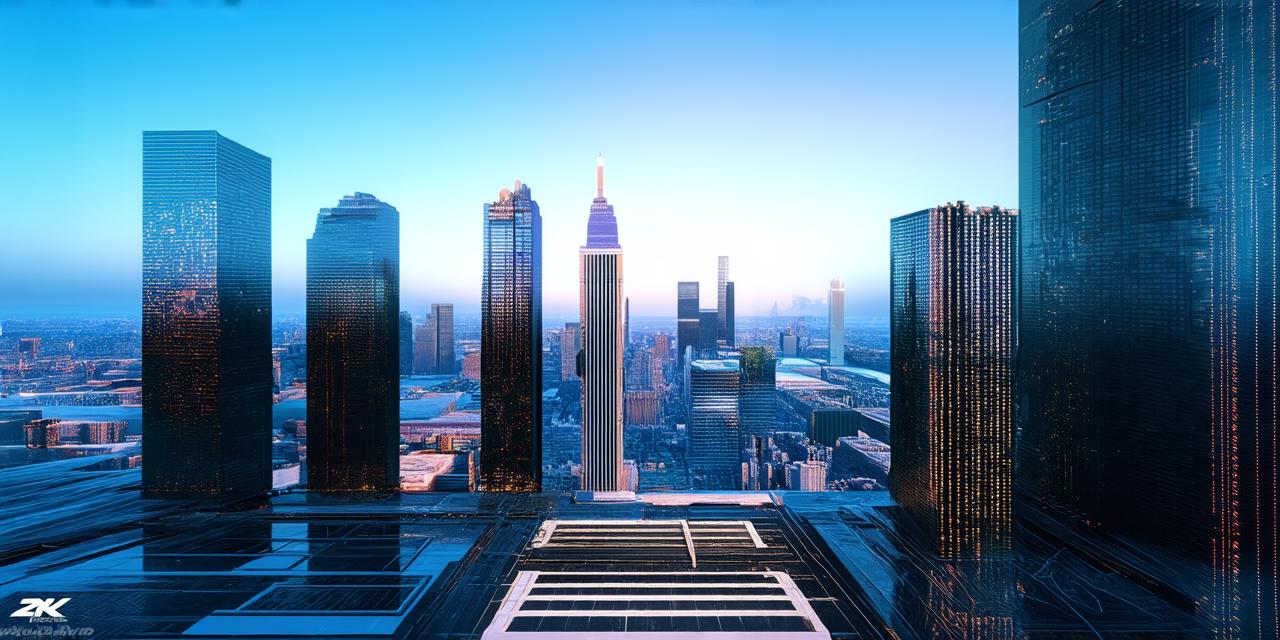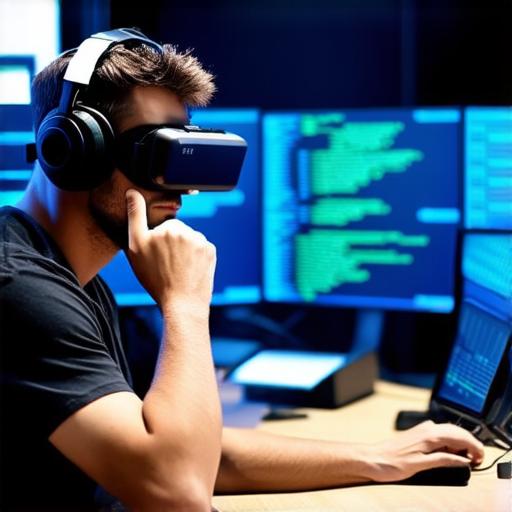
What makes virtual reality significant?

In the dynamic digital landscape, one technology stands out as a trailblazer: Virtual Reality (VR). This immersive, interactive experience is revolutionizing industries and reshaping our world. Let’s delve deeper into what makes VR significant for developers.
The Immersive Experience
VR offers an unparalleled level of immersion, transporting users into a simulated environment. This is achieved through the use of headsets that track head movements and provide 3D visuals, along with other sensory inputs like sound and haptic feedback. The technology aims to create a sense of presence, making users feel as if they are truly in the virtual world.
Pioneering New Frontiers
VR is breaking barriers in various sectors. In healthcare, it’s used for medical training and therapy. For instance, surgeons can practice complex procedures in a risk-free environment before performing them on patients. In real estate, it allows virtual property tours, enabling potential buyers to explore properties from anywhere in the world. In education, it offers immersive learning experiences, such as virtual field trips or interactive science lessons. The possibilities are endless, and new applications are constantly being developed.
The Role of Research and Experimentation
The advancement of VR is driven by continuous research and experimentation. For instance, Stanford University’s Virtual Human Interaction Lab explores how VR can improve social interactions. Their research has shown that VR can help people with social anxiety practice interacting in a safe environment.
Quote: “VR has the potential to revolutionize human interaction and collaboration,” – Jeremy Bailenson, Director, Stanford University’s Virtual Human Interaction Lab.
The Future of Virtual Reality
As VR technology improves, we can expect more realistic experiences, lower costs, and wider accessibility. This will open up new opportunities for developers to create innovative applications across various industries. For example, VR could be used in remote work scenarios, allowing people to collaborate as if they were in the same room.
FAQs
Q: What tools are essential for VR development?
A: Unity and Unreal Engine are popular choices. These game engines allow developers to create immersive VR experiences using a variety of programming languages and tools.
Q: How can I learn VR development?
A: Online tutorials, courses, and workshops are available on platforms like Udemy and Coursera. Additionally, many universities offer degrees or certificates in VR development.
In Summary
Virtual Reality is more than just a passing trend; it’s a transformative force reshaping our world. For developers, it presents an exciting opportunity to innovate, collaborate, and shape the future. Embrace this technology, and let’s create the tomorrow we envision today. As we continue to push the boundaries of what’s possible with VR, we can look forward to a future where virtual worlds become indistinguishable from reality.


